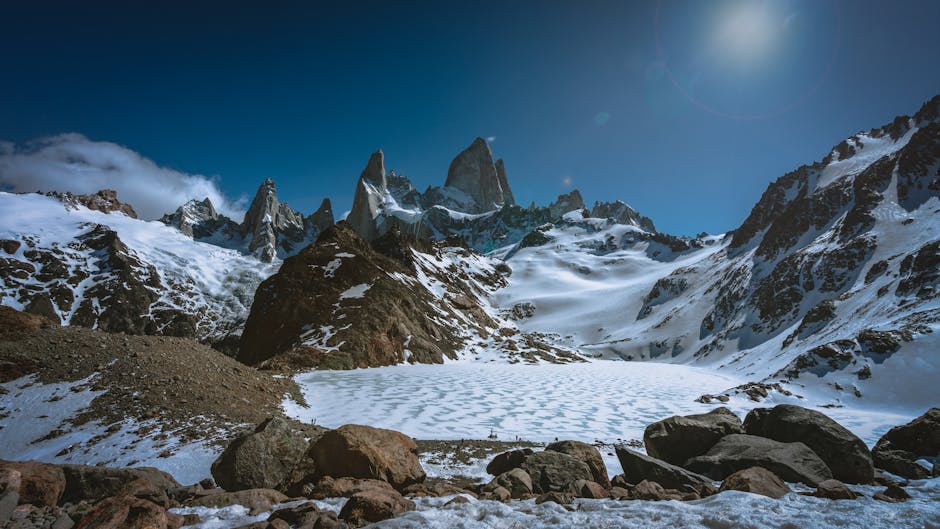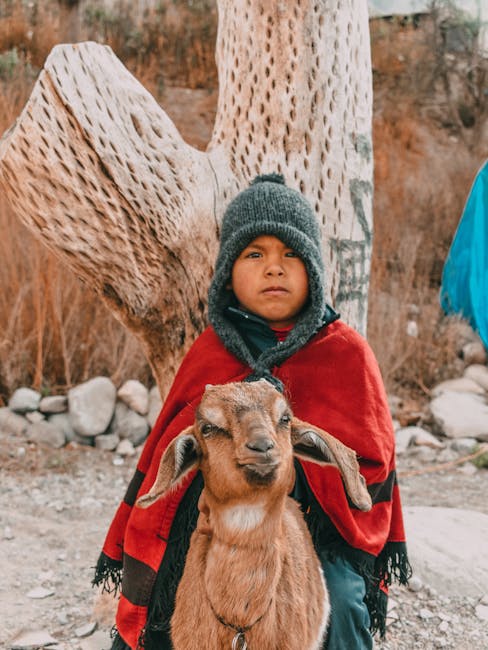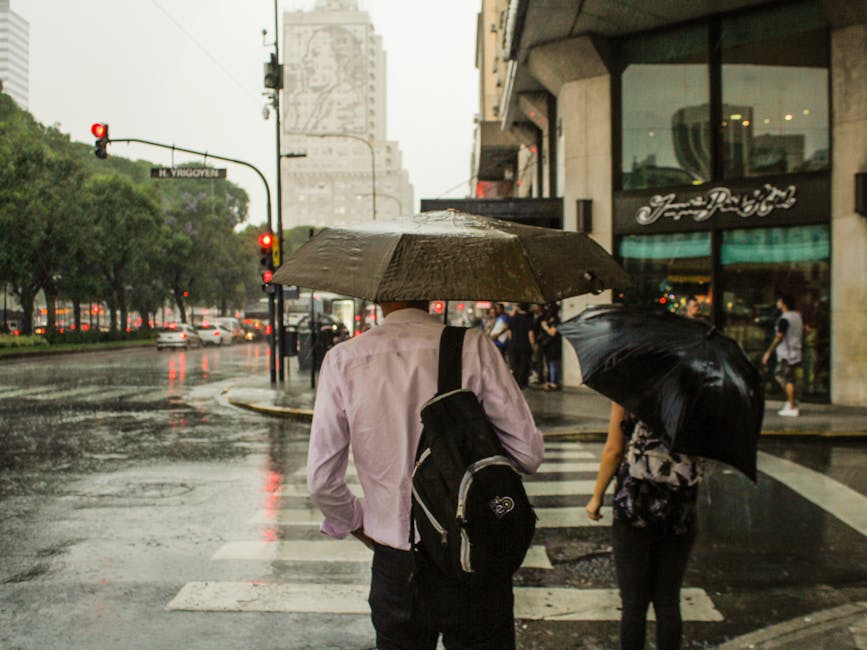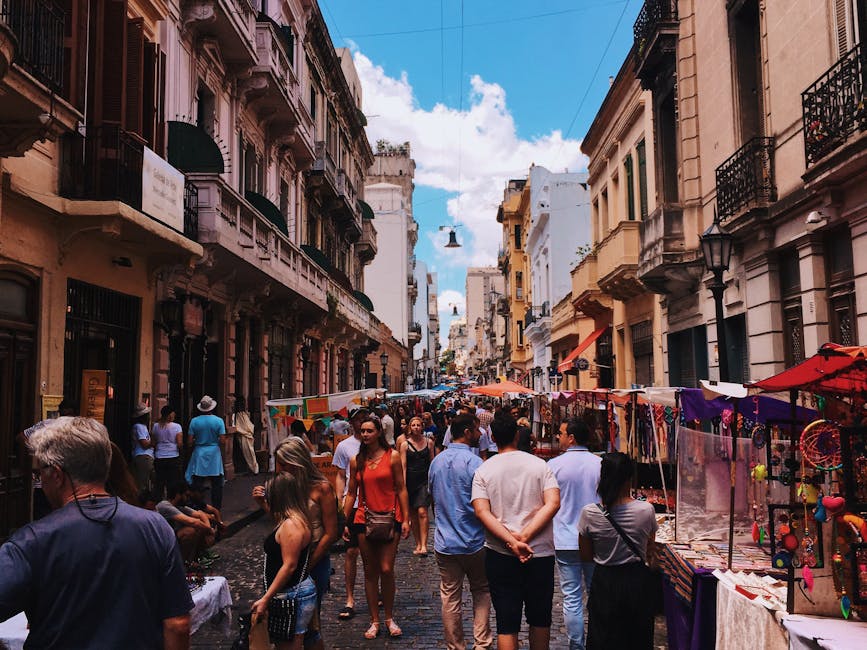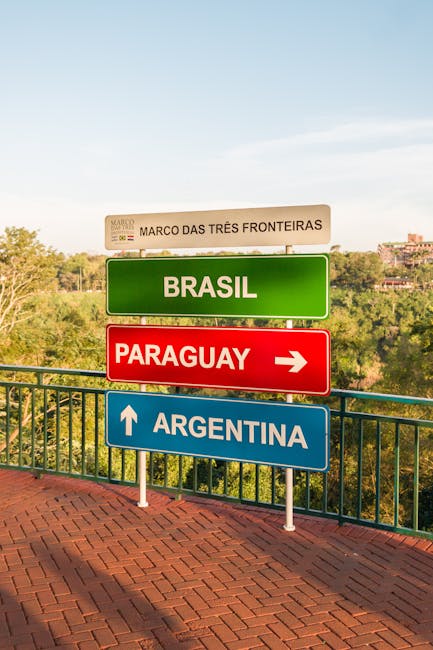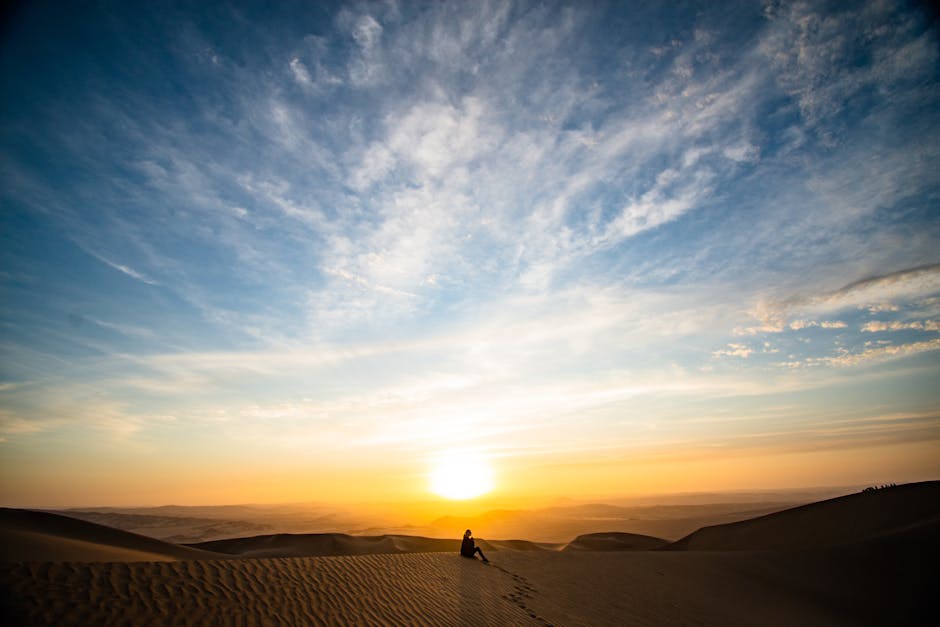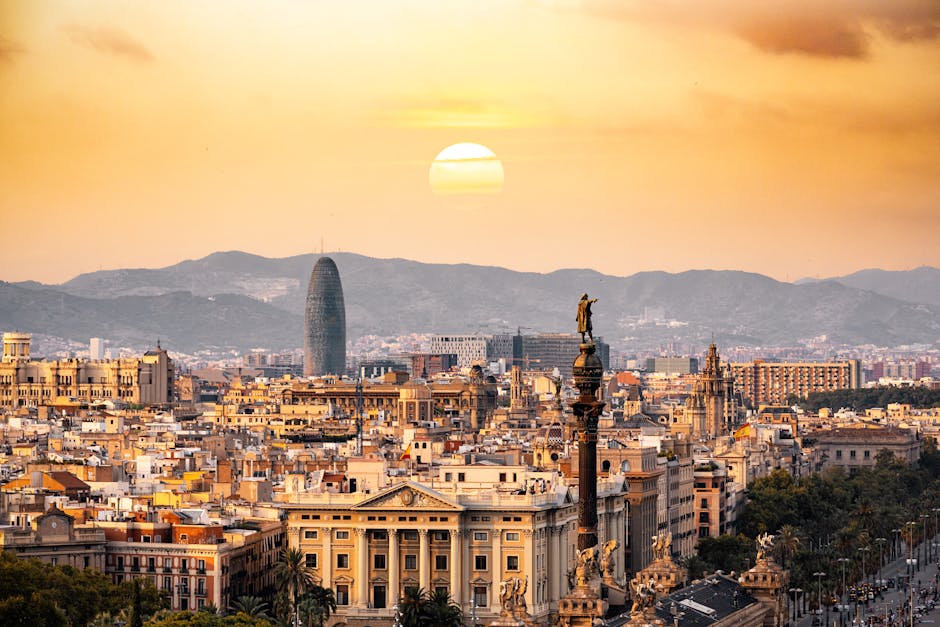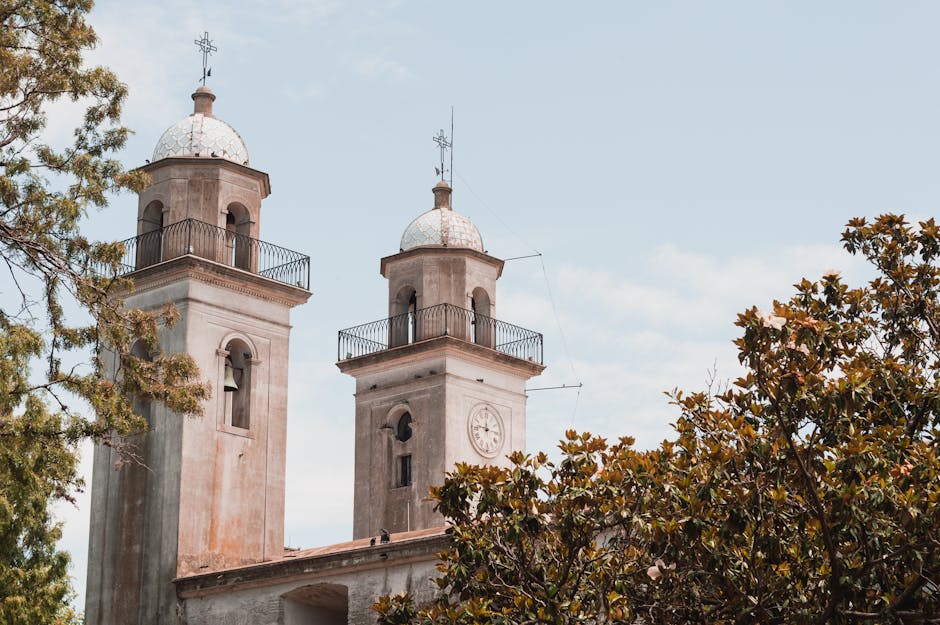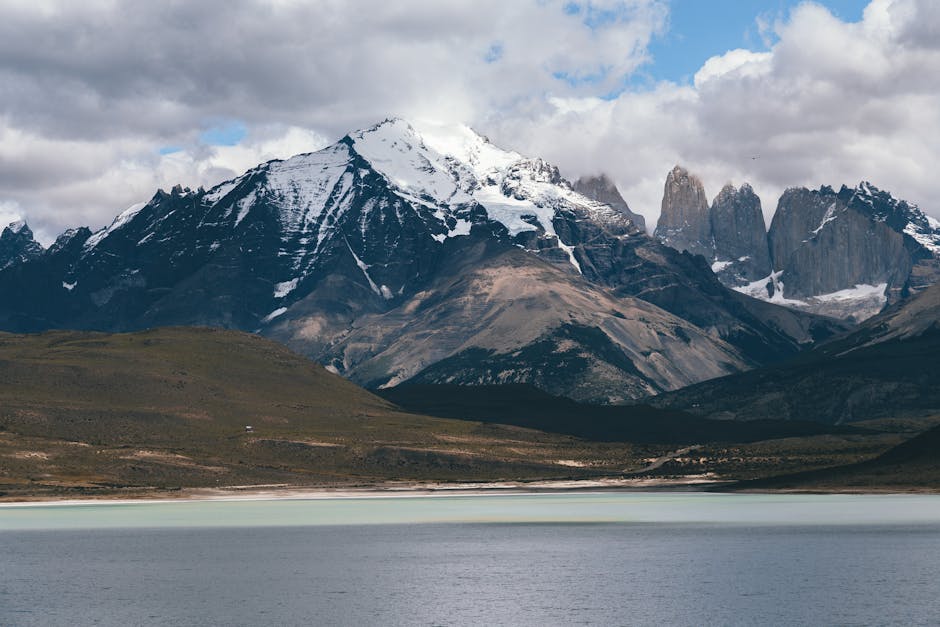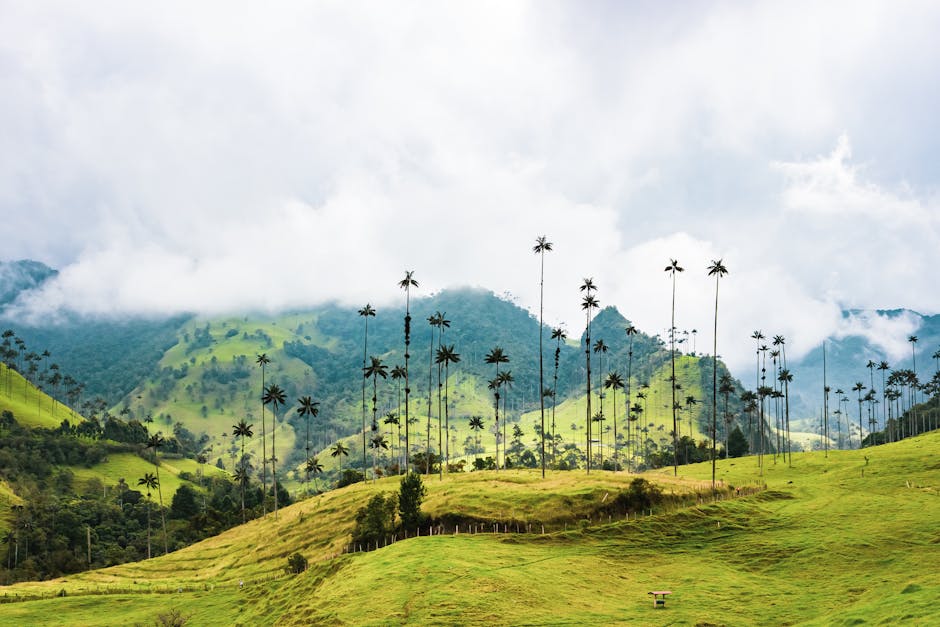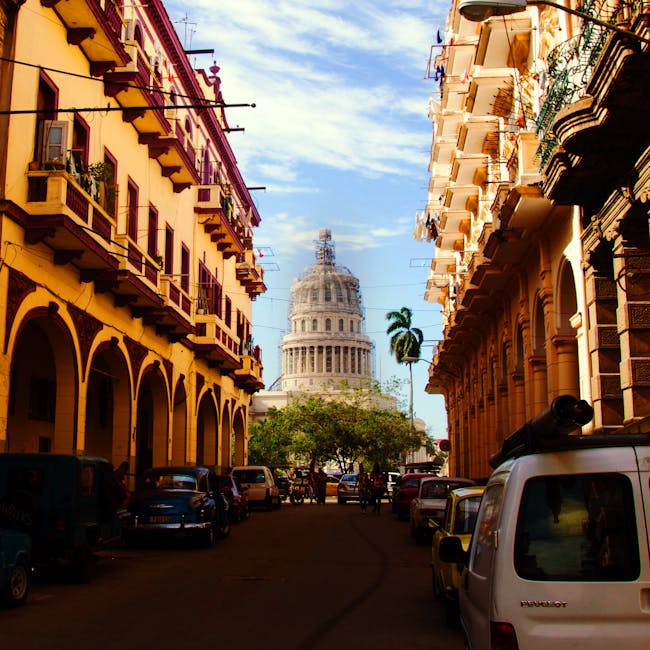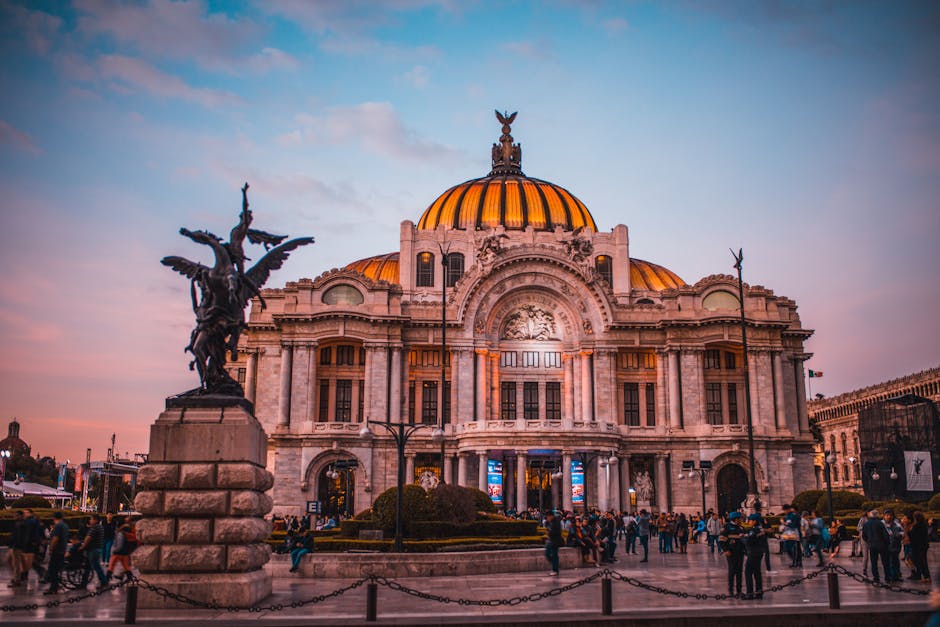Argentina
Overview
Argentina Overview
Argentina, located in the southern region of South America, is a vibrant and diverse country known for its rich culture, stunning natural landscapes, and passionate people. Its unique blend of European and indigenous traditions is reflected in its architecture, cuisine, music, and dance. The country is famous for its tango dance and music, its beef, its wines, particularly Malbec, and its soccer fanfare. From the cosmopolitan city of Buenos Aires, often referred to as the "Paris of South America," to the breathtaking wilderness of Patagonia, Argentina offers a plethora of experiences that make it a must-visit destination for travelers.
Tourism Seasons
High season for tourism in Argentina is during its summer months, from December to February. During this time, the weather is warm and sunny, perfect for exploring the bustling streets of Buenos Aires, tasting the world-class wines in Mendoza, or hiking in the stunning landscapes of Patagonia. Furthermore, this is also a great time to visit the beautiful beaches along the Atlantic Coast or engage in water sports activities. The country also hosts several festivals during this period, including the Buenos Aires Tango Festival and the Vendimia wine harvest festival, offering a fantastic opportunity to immerse in local culture and traditions.
Travel Preparation
Before visiting Argentina, travelers should prepare accordingly. It is advisable to learn some basic Spanish phrases as English is not widely spoken outside the major cities. The country's currency is the Argentine Peso, so it's important to be aware of the current exchange rates. Vaccinations are not mandatory, but it is recommended to be up-to-date with routine vaccines. It's also essential to have travel insurance that covers medical evacuation, as medical services can be expensive. Lastly, Argentina has a reciprocal fee policy for some countries, meaning travelers from these countries must pay a fee before entering. It's important to check the latest travel advisories and visa requirements for your respective country before planning your trip.
A Glimpse into the Past
Argentina, a land of breathtaking landscapes and vibrant culture, has a rich history that mirrors its diverse geography. From the Andes mountains to the vast Pampas and the sprawling Patagonian wilderness, Argentina's past is as varied as its terrain.
The Indigenous Peoples
Before the arrival of Europeans, Argentina was inhabited by numerous indigenous groups, including the Mapuche, Guaraní, and Quechua. These communities thrived in different regions, developing unique cultures, languages, and economies. The Guaraní, for example, were known for their agricultural practices, while the Mapuche were famed for their resistance against foreign invaders. The indigenous legacy continues to influence modern Argentine culture, seen today in art, music, and traditions.
The Spanish Colonization
In the early 16th century, Spanish explorers, led by Juan Díaz de Solís, arrived in what is now Argentina. The establishment of Spanish settlements began in 1536 when Pablo de Mendoza founded Buenos Aires, although the settlement struggled and was abandoned. It wasn’t until 1580 that Buenos Aires was successfully reestablished by Juan de Garay. Over the next few centuries, Spain expanded its influence throughout the region, introducing European customs, language, and religion, while also exploiting indigenous populations and resources.
The Road to Independence
By the early 19th century, the desire for independence was brewing across Latin America. The May Revolution of 1810 marked a pivotal moment in Argentine history, as it initiated the struggle against Spanish rule. This revolutionary fervor was fueled by Enlightenment ideas and the success of other independence movements in the Americas. In 1816, Argentina formally declared its independence with the Congress of Tucumán, although the path to full sovereignty was fraught with conflicts, including battles against royalist forces.
Internal Conflicts and Federalism
Following independence, Argentina faced significant internal strife. The country was divided between federalists, who wanted power decentralized among provinces, and unitarians, who favored a strong central government. This conflict led to a series of civil wars that lasted for decades. The Constitution of 1853 eventually laid the groundwork for a more unified nation, establishing a federal system that persists today.
The Rise of Buenos Aires
In the late 19th and early 20th centuries, Argentina experienced significant economic growth, driven largely by agricultural exports such as beef and grain. Buenos Aires became the cultural and economic hub of the country, attracting millions of immigrants from Europe, particularly from Italy and Spain. The influx of diverse cultures and ideas contributed to the rich tapestry of Argentine identity, resulting in a cosmopolitan atmosphere that remains evident in the city's architecture, cuisine, and festivals.
Socio-Political Turmoil
The early 20th century was marked by social unrest and political instability. Labor movements gained traction, leading to strikes and protests, while a series of military coups disrupted governance. The rise of Juan Domingo Perón in the 1940s was a turning point. His government introduced social welfare programs and labor rights, earning the support of the working class and women, particularly through the influence of his wife, Eva Perón. However, Perón's presidency also faced opposition, leading to his eventual exile.
The Dirty War
The 1970s brought about one of the darkest periods in Argentine history known as the Dirty War (1976-1983). A military junta ruled the country and initiated a campaign against suspected dissidents, resulting in the forced disappearances of thousands of people. This period left deep scars in Argentine society and has influenced art, literature, and collective memory. The Madres de Plaza de Mayo, a group of mothers searching for their disappeared children, became symbols of resistance and human rights advocacy.
Democracy and Modern Challenges
In 1983, democracy was restored, and Argentina began the long process of healing from the traumas of the past. The return of civilian rule brought political changes and economic challenges, including hyperinflation in the late 1980s. The 2001 economic crisis led to widespread protests and a series of government transitions, prompting discussions about economic reforms and social justice.
Cultural Heritage
Argentina’s cultural landscape is a vibrant blend of indigenous and European influences. The country is perhaps best known for its tango, a passionate dance that originated in the working-class neighborhoods of Buenos Aires in the late 19th century. The Teatro Colón, one of the world's premier opera houses, showcases Argentina’s rich performing arts tradition. Additionally, the culinary scene is diverse, with famous dishes such as asado (barbecue) and empanadas reflecting the country’s agricultural bounty.
Natural Wonders
Beyond its cities, Argentina boasts stunning natural landscapes. The majestic Andes mountain range offers skiing, hiking, and breathtaking views, while Patagonia is renowned for its glaciers and wildlife. Iguazú Falls, located on the border with Brazil, is one of the largest and most spectacular waterfall systems in the world. The diverse ecosystems provide ample opportunities for ecotourism and adventure sports, attracting travelers from all over the globe.
Contemporary Argentina
In recent years, Argentina has grappled with economic fluctuations and political changes. The nation has witnessed significant social movements advocating for human rights, gender equality, and environmental protection. The legalization of same-sex marriage in 2010 marked Argentina as a progressive leader in LGBTQ+ rights in Latin America.
As you explore Argentina, you will find a country that is not only defined by its tumultuous history but also by its resilience and vibrant culture. From the thriving streets of Buenos Aires to the stunning landscapes of the south, Argentina invites travelers to immerse themselves in its rich heritage and diverse experiences, offering a unique journey through time and space.
Top cities for tourists in Argentina
Discover the Famous Cities That Might Captivate Your Interests
Must-Try Foods You Can't Afford to Miss
Indulge in a Variety of Fantastic Foods During Your Stay in Argentina
May Be Your Next Destinations
People often choose these countries as their next destination


